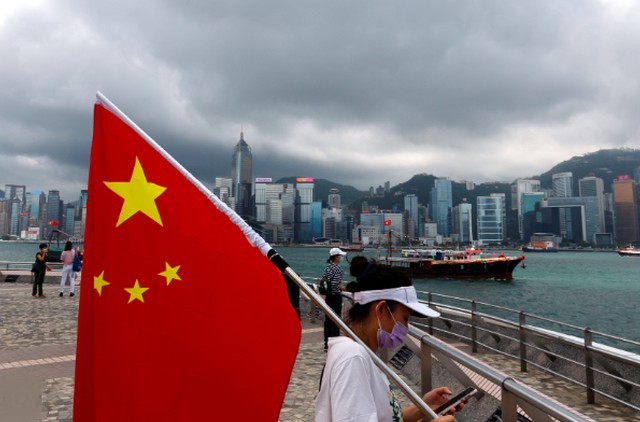Hong Kong’s prosperity since its handover to China in 1997 is a complex issue that cannot be reduced to a simple yes or no, as it involves a dual interpretation: sustained but relative economic prosperity, and an erosion of the autonomy that was its cornerstone.
 Hong Kong has undeniably remained a major international financial center, benefiting from its unique status as a gateway and financing platform between mainland China and the rest of the world.
Hong Kong has undeniably remained a major international financial center, benefiting from its unique status as a gateway and financing platform between mainland China and the rest of the world.
Its GDP per capita remains among the highest in Asia, far surpassing that of mainland China (approximately USD 49,000 in 2022 compared to USD 12,700).
This economic success was underpinned by the « one country, two systems » principle, which guaranteed economic autonomy, free trade, an independent rule of law, and a liberal capitalist system.
 However, this prosperity has become relative and faces several major challenges:
However, this prosperity has become relative and faces several major challenges:
In 1997, Hong Kong’s economy represented a significant share of China’s GDP; today, with the rapid growth of cities like Shanghai and Shenzhen, this share has been considerably reduced.
Hong Kong’s role as the sole financial super-connector is being challenged by increasingly mature mainland cities.
Hong Kong’s GDP growth has also fluctuated significantly since 1997, impacted by financial crises and, more recently, by social unrest and pandemic-related restrictions.
Erosion of Autonomy (National Security)
The implementation of the National Security Law in 2020 marked a significant political shift, reducing the territory’s autonomy and strengthening Beijing’s grip.
This development directly threatens the institutional foundations (rule of law, judicial independence) that have historically ensured the confidence of international investors and the prosperity of the financial center.